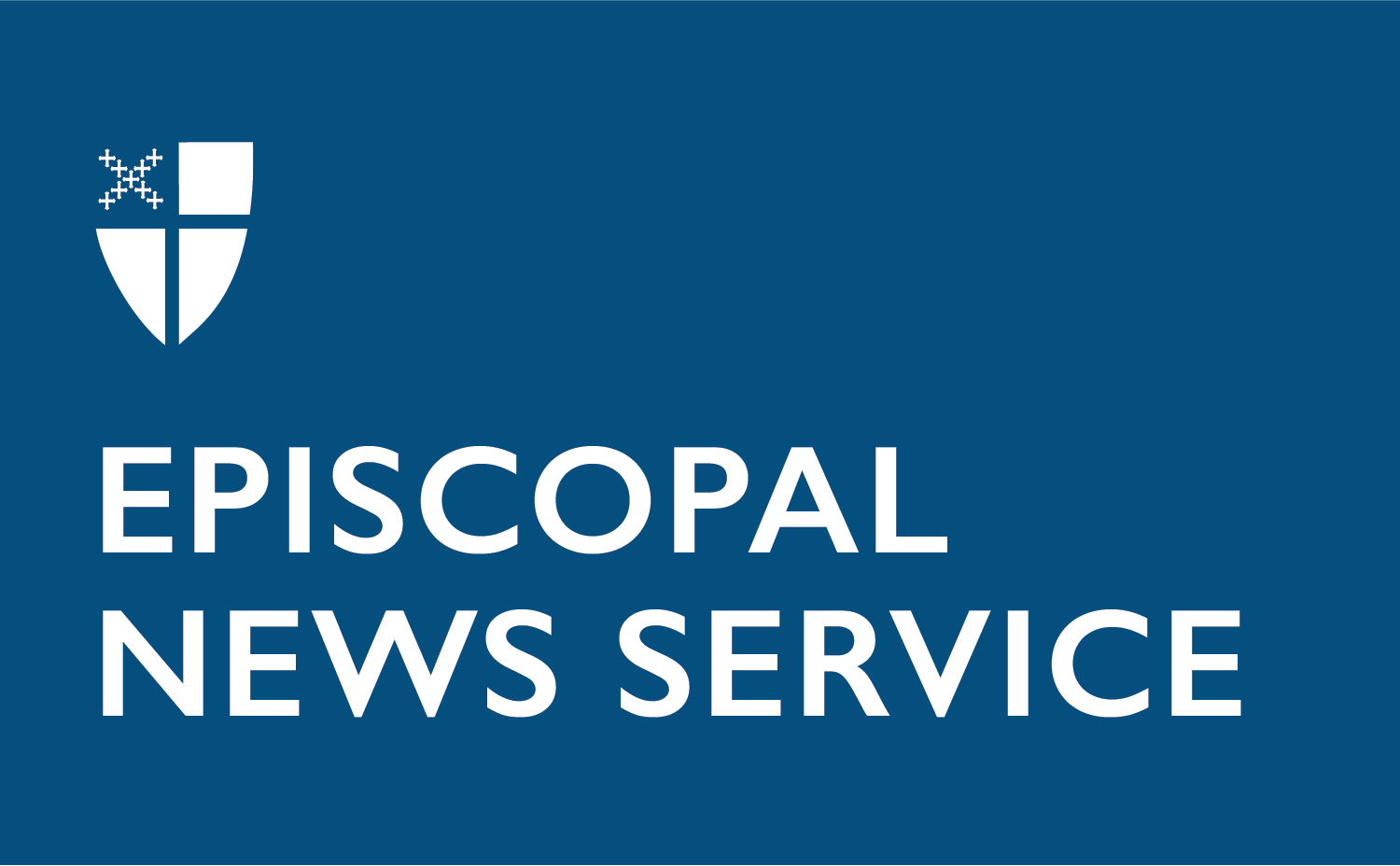
During their May 15 meeting, bishops and deputies on the Prayer Book, Liturgy & Music committees deliberate on how they want to proceed on a proposed resolution regarding the canonical requirement of baptism before receiving Communion. Photo: Zoom screenshot
[Episcopal News Service] In a May 15 meeting, bishops and deputies on the Prayer Book, Liturgy & Music committees split in their actions taken on a proposed resolution about the canonical requirement that a person be baptized before receiving Holy Communion. Deputies wanted to recommend adopting the resolution with amendments, while the bishops wanted to take no action on it.
Resolution D002 calls on the Standing Commission on Liturgy and Music to review several aspects of Canon I.17.7, including whether the requirement for baptism before receiving Communion even belongs in the church Canons. The committees heard testimony on this resolution during its April 10 meeting.
Deputies’ committee member the Rev. Ruth Meyers, chair of the Prayer Book subcommittee, offered proposed amendments that would have asked the Standing Commission on Liturgy and Music to explore the practical implications of the Canon and to develop general pastoral invitations to baptism and Communion as possible additions to the Book of Common Prayer. The resolution retained the call for the standing commission to explore the question of whether the requirement of baptism before Communion belongs in the Canons or elsewhere.
On Meyers’ motion to recommend that the resolution be adopted with amendment, deputies voted in favor, 15-4, while the three bishops who were present voted no. A total of five bishops serve on the committee, and three bishops meet the required vote quorum. Legislative committees include parallel committees of deputies and of bishops, which, though distinct, typically meet and deliberate together but vote separately.
Meyers noted that because all resolutions from this committee first will be considered by the House of Bishops – every committee has a designated house of initial action for its resolutions – bishops would need to make a different motion to go before the House of Bishops. Fond du Lac Bishop Matthew Gunter moved that the committee recommend take no action on the resolution – a recommendation that would all but end the resolution when it reaches the floor. All three bishops voted in favor, while deputies voted against, with 5 yes and 14 no.
The three bishops also voted against the Prayer Book subcommittee’s recommendation to adopt with amendments Resolution A077 regarding inclusive and metaphorical language. They then voted to recommend take no further action on the resolution.
The committees also voted on four other resolutions with deputies and bishops agreeing:
Recommended adopt as amended Resolution A118 adding Harriet Ross Tubman, a Black abolitionist, to The Episcopal Church’s calendar on March 10. Because this is the second reading of this proposal – something required by the church’s Constitution for all changes to the Prayer Book – if adopted by General Convention when it meets in Louisville, Kentucky, June 23-28, Tubman then will be added.
Recommended adoption of Resolution A117, the second reading withdrawing William Porcher DuBose, a theologian and defender of white supremacy, from the church calendar.
Recommended adopt with amendment Resolution A112 to allow additional use of the “Expanded Revised Common Lectionary Daily Readings” for the Daily Offices.
Recommended take no further action on Resolution A014, which would have added Lawrence Whipp, an organist at the American Cathedral in Paris who stayed on while the French capital was under Nazi occupation during World War II, to The Episcopal Church’s calendar. Calendar subcommittee chair the Rev. Philip Dinwiddie said he understood the resolution’s proposers no longer supported it. Bishop members also voted to put their recommendation on the House of Bishop’s consent calendar.
The House of Deputies and the House of Bishops have different rules for how resolutions get placed on their consent calendars. The House of Deputies automatically puts recommendations to adopt on its consent calendar unless a committee votes not to, while bishops must vote affirmatively to place a recommendation on their consent calendar.
The committees also heard testimony on several resolutions, including B003, which asks the Standing Commission on Liturgy and Music to make available a liturgy for the exaltation of the Holy Cross that has been adapted from the Armenian Orthodox Church.
The Rev. Donnel O’Flynn, a retired priest of the Diocese of Montana, and Montana Bishop Marty Stebbins spoke in favor of the rite, which O’Flynn describes as depicting the cross on which Jesus died not as a place of suffering and shame but as life-giving. The Rev. Simeo Odabashian, vicar of the Eastern Diocese of America of the Armenian Church also supported the resolution. When a committee member raised the issue of appropriating another church’s liturgy, he said the Armenian diocese was “thrilled that there’s interest in adopting parts of our Holy Cross blessing service into Episcopal Church practice.”
Testimony also was heard on the following resolutions:
A111, on developing resources and models for online/in-person hybrid worship.
A113, asking bishops to allow Rite I liturgies to be adapted to the contemporary idiom.
B001, adding experimental creation care language to the Baptismal Covenant.
D033, adding St. George of Lydda to the church’s calendar.
D035, authorizing the rite The Witnessing and Blessing of a Marriage for continued use.
Deputies’ chair the Ven. Stannard Baker also told the committees that Resolution A110, on the distinction between Biblical and modern Israel on which the committee previously heard testimony, has been reassigned to the Social Justice & International Policy committees.
—Melodie Woerman is a freelance reporter based in Kansas.
